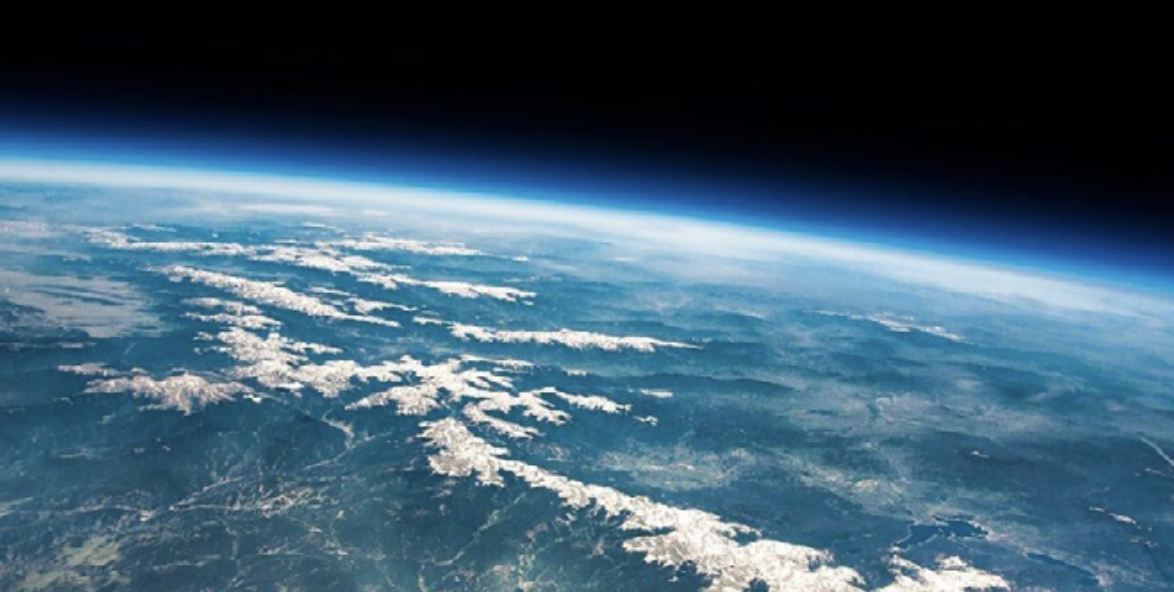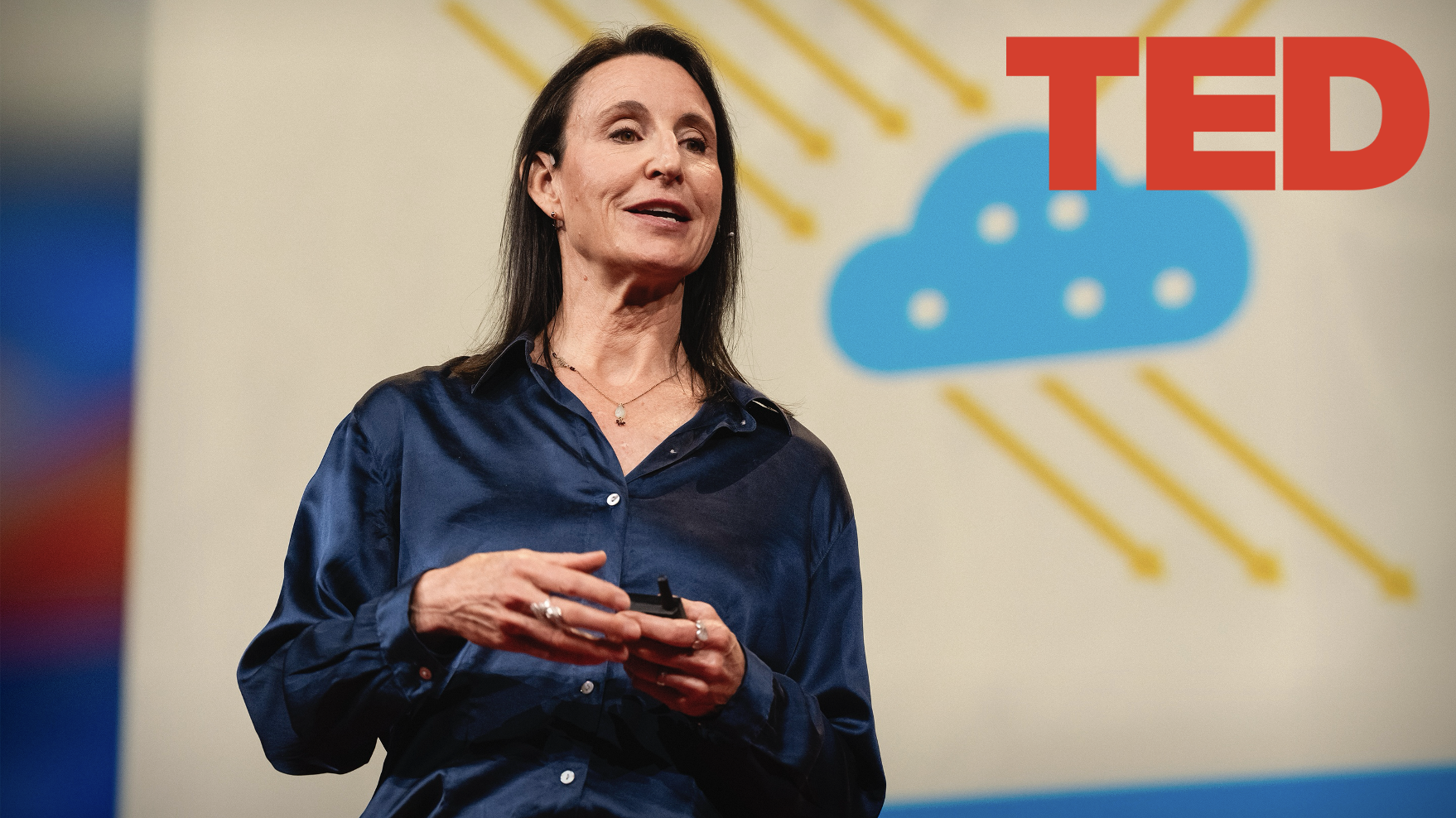Sharing Sami Experiences: Near-Term Tipping Points and Research
A note from Nico Esguerra, SilverLining’s Director of International Strategy
Against the backdrop of the 23rd session of the UN Permanent Forum on Indigenous Issues, the Sámi Parliament of Finland partnered with SilverLining and youth-led organizations Operaatio Arktis and Green Africa Youth Organization to host a discussion of Indigenous voices on climate intervention research. Held at the Permanent Mission of Finland to the United Nations on April 18, this event marked a milestone in fostering collaboration between Indigenous communities, policymakers and climate scientists on this increasingly important topic.
There is an urgent need to center Indigenous knowledge, perspectives and rights in global efforts to address climate change, including in research on proposed responses to reduce greenhouse gasses or warming in the atmosphere rapidly, also known as ‘climate interventions’. Indigenous Peoples are often at the front lines of climate impacts, and they also possess valuable traditional knowledge and practices for fostering relationships with ecosystems. As speaker Lotta Hagelin of the Sámi Youth Organisation in Finland emphasized: “We need to secure Indigenous Peoples’ and other marginalized people’s voices in the dialogue, especially when many climate tipping points apply to Indigenous People’s homelands.”
The dialogue was rich and varied, including a scientific overview, remarkable expressions of vision and exchanges of views. The speakers included Pirita Näkkäläjärvi, President of the Sámi Parliament of Finland; Lotta Hagelin, Sámi Youth Organization; Kwesi Quagraine, atmospheric scientist from the University of Cape Coast, Ghana and currently a researcher at the National Center for Atmospheric Research (NCAR); Beaska Niillas, Saami Council; Michael Diamond, Assistant Professor at Florida State University; and Ellen Haaslahti, Project Coordinator at Operaatio Arktis.
As discussions unfolded, three key priorities emerged: 1) the need for meaningful co-production of knowledge, 2) the importance of scientific capacity building within Indigenous communities and 3) the crucial need to uphold Free, Prior, and Informed Consent (FPIC). These priorities are foundational to navigating an inclusive and equitable future for climate intervention research. Through collaborative engagement, mutual respect and trust-building, we can ensure that Indigenous perspectives, rights, and knowledge are integral to shaping an inclusive path forward.
We deeply appreciated the speakers for their willingness to lead a dialogue on this challenging and important topic and the attendees for joining this groundbreaking conversation. We urge you to watch the complete event.
Thank you to Lotta Hagelin of Operaatio Arktis and Aarushi Shah of SilverLining for their contributions.
Near-Term Tipping Points and Climate Intervention Research
“We are at 1.3 °C right now and we’ve already been experiencing effects from climate change.”
– Michael Diamond (Assistant Professor, Florida State University)
According to the IPCC, society must limit global warming to 1.5°C in order to avoid the worst impacts of climate change. But despite the urgent need to reduce greenhouse gas emissions, the world is not on track to achieve this target. As Professor Diamond highlighted during his science briefing at the start of the event, “we are on track for 2.5 to 3 degrees Celsius of warming.” Even the most aggressive efforts to reduce emissions cannot prevent the warming that is projected for the next 30 to 40 years. As Lotta remarked, “We are not going in the right direction with global warming. The world is not only getting warmer, but the warming is also accelerating. The 1.5 °C target seems already out of reach through conventional policies.” With these temperature changes comes a growing danger of hitting irreversible climate tipping points – 5 of which are showing early signs of activation – that will dramatically impact local livelihoods and ecosystems.
Tipping points in the Arctic, such as melting permafrost and disappearing sea ice, pose significant challenges to Indigenous communities in these regions. “This would mean a huge transformation to the condition of these areas, the nature, animals and people living there,” said Lotta. While local and Indigenous communities have great adaptive capacity, the rates of expected changes continue to significantly undermine their efforts to adapt.
“I can see this workshop as one of the initial steps to involve and start the discussion with Indigenous Peoples in climate intervention research processes.”
– Lotta Hagelin (Sámi Youth Organization, Finland)
In light of these circumstances, stakeholders around the world are beginning to consider ‘climate interventions’ as possible avenues for reducing the likelihood of, and risks associated with, overshooting 1.5 °C of global temperature increase. But there remains a considerable gap in the awareness and involvement of the most climate vulnerable populations—among those, Indigenous Peoples. “Only by increasing research we might find out if these or any other climate interventions could help in fighting the climate crisis,” said Lotta.
From L to R: Pirita Näkkäläjärvi, Lotta Hagelin, Kwesi Quagraine, Beaska Niillas, Michael Diamond, Ellen Haaslahti
Co-producing Knowledge: Bridging Knowledge Systems
“If we seek a comprehensive approach to solar climate interventions, Indigenous communities play a crucial role due to their extensive knowledge.”
– Kwesi Quagraine (Atmospheric scientist, University of Cape Coast, Ghana; Researcher, National Center for Atmospheric Research)
Through the Saami Council’s efforts over the past three years, Indigenous perspectives have been propelled to the forefront of discussions on equity in this research. The Saami Council has advocated for the crucial role of Indigenous Peoples’ knowledge in guiding these conversations. As Pirita Näkkäläjärvi, President of the Sámi Parliament of Finland, emphasized, the Saami Council “put Indigenous People on the map in climate intervention research.”
As emphasized by Pirita, "The key when building the path forward on climate intervention research is really to work together with Indigenous Peoples." Indigenous Peoples play a vital role in addressing climate impacts, bringing forth unique perspectives and valuable traditional knowledge. Involving Indigenous Peoples in decision-making processes and respecting their autonomy paves the way for more inclusive and equitable research.
Indigenous Peoples possess a deep understanding of their local environments, nurtured through generations of lived experience. By integrating scientific expertise with Indigenous knowledge and cultural perspectives, researchers can access critical insights and adopt a more equitable, inclusive and sustainable approach to addressing the complex challenges of near-term climate risks.
“Indigenous Peoples have amassed centuries of experience and knowledge about nature,” explained Lotta, “This traditional wisdom could complement scientific knowledge in finding effective solutions to the climate crisis. It's vital to recognize that Indigenous Peoples maintain the autonomy of their traditional knowledge, and it's their decision whether to share it or keep it within their community.”
Speakers from L to R: Lotta Hagelin, Kwesi Quagraine, Beaska Niillas, Ellen Haaslahti
Building Capacity for Meaningful Collaboration
“To collaborate and try to take Indigenous People’s knowledge into the Western science world is very hard work.”
– Beaska Niillas (Saami Council)
Effective co-production of knowledge necessitates a commitment to capacity building within Indigenous communities, empowering them with the tools, skills and resources to actively participate in all stages of the research process. Time, expertise and traditional knowledge contributed by indigenous communities are valuable resources deserving equitable compensation.
“Very often and too often, Indigenous Peoples are expected to just contribute without any compensation,” explained Beaska Niillas, representing the Saami Council. “Capacity building and resources for Indigenous People is key because we won’t be able to build our own knowledge and capacity to better work with researchers.”
Pirita Näkkäläjärvi, President of the Sámi Parliament of Finland, on building bridges
Upholding Free, Prior, and Informed Consent
“I really hope that the research community finds a way to build into their processes a formal process to seek Free, Prior, [and] Informed Consent from Indigenous People’s representative bodies.” – Pirita Näkkäläjärvi (President, Sámi Parliament of Finland)
Free, Prior, and Informed Consent (FPIC) ensures autonomy and agency for Indigenous Peoples in determining the terms and conditions of their participation in research. Respect for FPIC can foster trust, transparency and mutual understanding between researchers and Indigenous communities, laying the groundwork for genuine collaboration. According to Pirita, FPIC in SRM means collaborating from the planning stage of research, through the concept phase and involving Indigenous Peoples in decision-making regarding research steps, experiments or potential deployment––though she added, "I hope we never have to go there."
“Many Indigenous Peoples around the world have experienced intergenerational pain when it comes to conducting research on Indigenous land or about Indigenous Peoples,” explained Lotta. “Considering the persistent power dynamics between researchers and Indigenous Peoples, which are still evident, FPIC would provide the initial step toward building bridges between researchers and Indigenous Peoples.”
An overarching theme of the discussions was that trust, built through meaningful interactions, is fundamental to progress. As Kwesi pointed out, "Trust comes with interactions.” He explained that without interacting with somebody, you have no idea who they are, no understanding of their experiences and no ability to relate to them. In Beaska's words, there must be "small steps but many steps all at once, then we can move forward."









